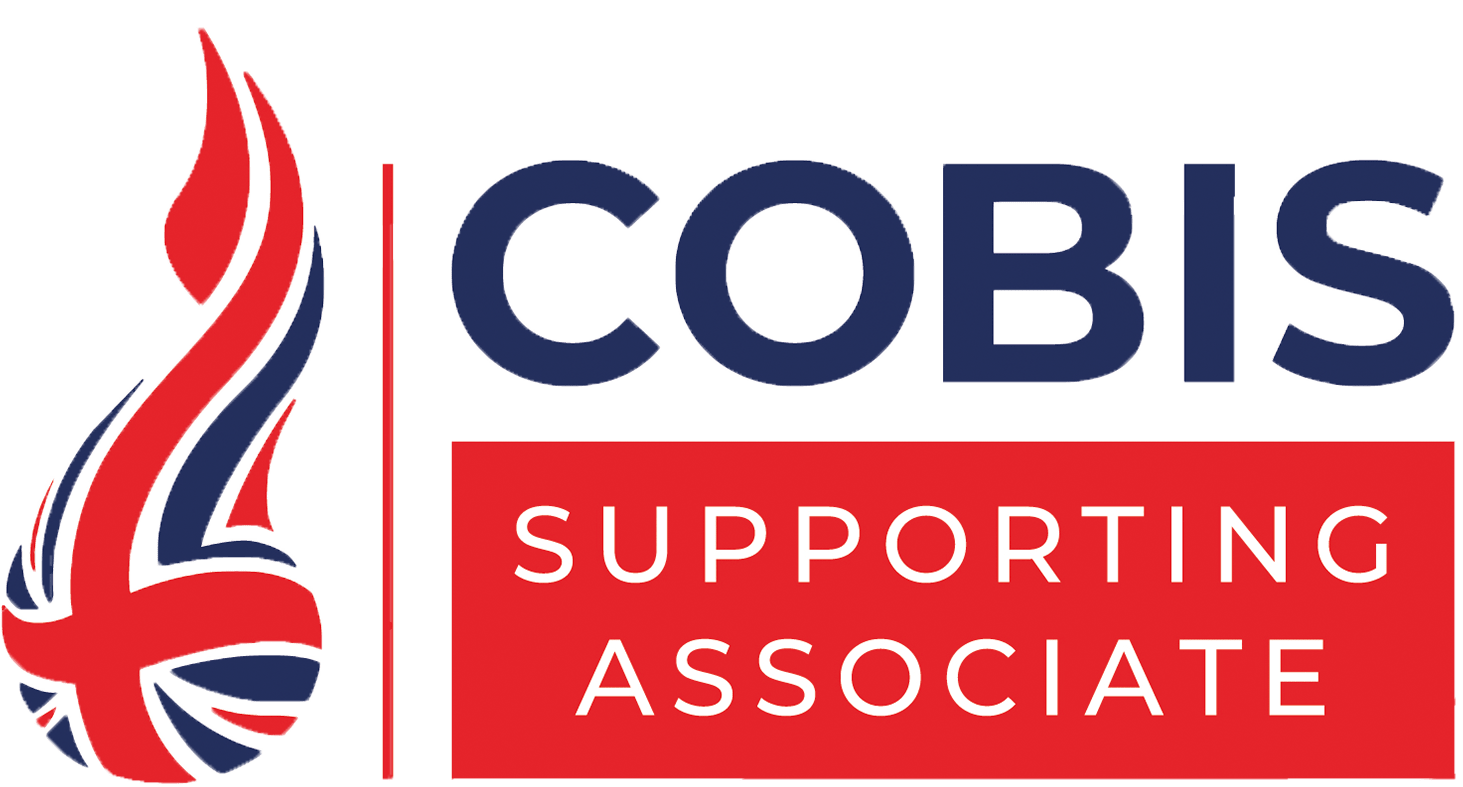Neil Groves is Head of Humanities at Bangkok Prep School; he and his colleagues came to the Great Teaching Toolkit after having previously done the Science of Learning Programme with EBE. Here, we speak to him about this journey so far.
You came across EBE before we launched the Great Teaching Toolkit via our Science of Learning Programme. How did you find it?
We absolutely loved it. The structure of the courses is really cleverly done… The quality of the resources, the interface, the multiple-choice questions—it’s second-to-none.
The exposure to the evidence stands out, as does the common sense and logical approach to the structure. The more of the course we did, the more we could see why it was structured in the way it was too—really bringing us on that journey as learners. It’s really clever in the way it models the concepts it teaches—not just telling you about it, but practising what it preaches.
In terms of the content, there are so many opportunities to delve deeper into the evidence if you want to. It’s introduced me to people I’d not come across before, who write and publish brilliant content on the things we need to know more about.
We also loved the idea of having a ‘critical friend’ within school who is doing the learning with you—in fact, we have used that with other aspects of our CPD programme in school since.
With only two of your staff doing Science of Learning Programme in the beginning, how have you used the programme?
Having really enjoyed the learning aspect of the course, when it came to practically improving what we do, we started with the element on structuring.
The programme really got me thinking about the sequence in which our modules were taught within our department. We had always followed the numerical order of these modules within the specification, probably just because that’s how it had always been done. We took a deeper look at the research on structuring, and, as an example, in my subject in particular, there’s a subunit on communication which I’d always taught as part of its wider unit, late on in the year; SoLP helped me see that actually, some of that is really helpful for earlier content on motivation and organisational structures.
Having undergone a big piece of work to restructure our schemes of learning, the result is something we’re really happy with. We’ve interleaved concepts from across the units in a much more sensible way. That is, of course, an ongoing challenge—being more aware of these concepts now, I am still spotting things each week that could be better linked across our curriculum. Every day is, quite literally, a school day!
What about upskilling and supporting other staff with these same principles?
For this, we mirrored the structure that was in the course, using meetings with others within the department at regular points. We tried to ensure, as much as possible, it was a collaborative experience, and the various teams in school owned that process within their groups, rather than it being a top-down initiative.
Once we’ve improved our structuring, our plan is then to look at retrieval practice, and then dig into assessment, all in the same way across our staff.
And as a result of the Science of Learning Programme being a success, you moved seamlessly on to the Great Teaching Toolkit. What else have you found helpful in the wider GTT, beyond the courses?
Firstly, the support from EBE as an organisation has been excellent—really responsive and helpful.
Beyond that, I’ve really enjoyed exploring the student surveys and found them incredibly effective in helping develop my teaching too. The process gives power to the students in a well-designed way, and the feedback you get is absolutely brilliant. It’s specific, it connects in really nicely to the GTT courses, and gives you actionable stuff you can do to get better. It allows you to drill down in to the detail of what bits are working really well in your teaching, and what bits you might focus on next.
It’s not just about looking at “holes” in practice, but about celebrating successes too. In my conversations as a mentor for a trainee, I’ve then said “of those elements and granular things, what bit do you want to focus on?” It isn’t necessarily always that the lowest area is the priority—it’s the one they’re most interested in, and where they want to invest their time. That is so important for me.
And finally, would you recommend it to others in your position considering the GTT, or the Science of Learning Programme?
I would 100% recommend it, absolutely no doubt about it!
Join Neil Groves and Bangkok Prep School in implementing the Great Teaching Toolkit at your school by dedicating valuable time in teachers professional development. Simply fill out this form, and one of the team will be in touch!





